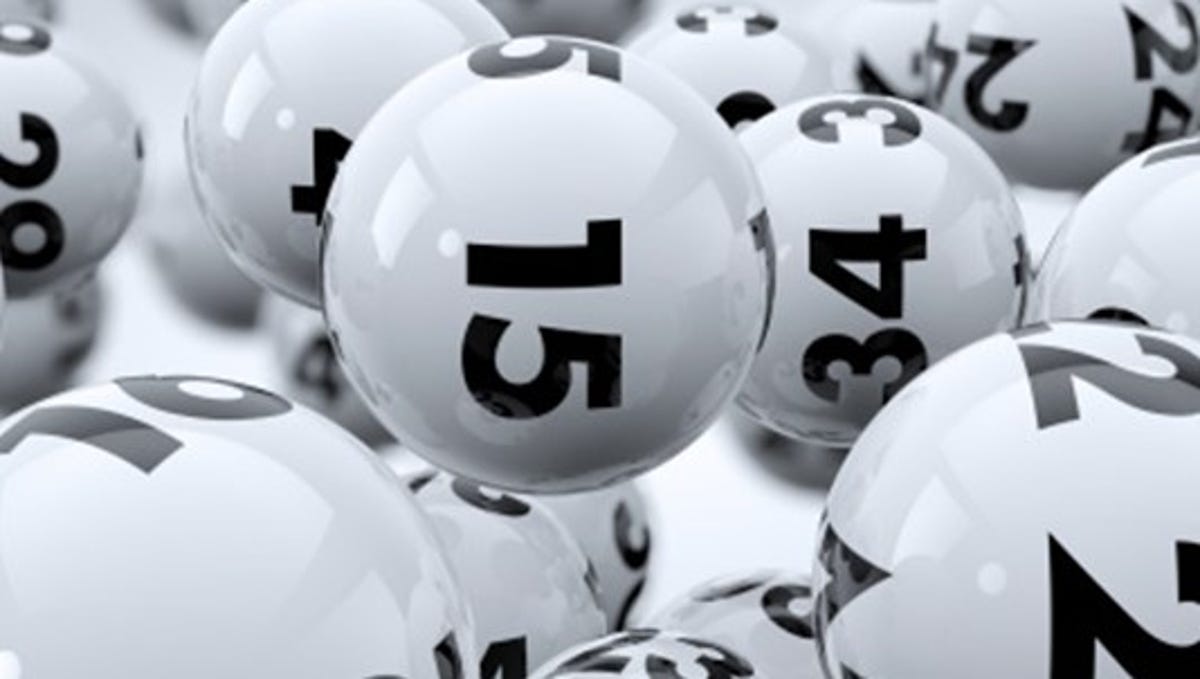In the world of gambling, few phenomena are as fascinating as the lottery. The allure of striking it rich with a single ticket purchase has captured the imaginations of millions around the globe. Despite the long odds, people line up week after week, hoping that fortune will smile upon them. But what drives this persistent pursuit of a jackpot that statistically seems almost unattainable? To understand the psychology behind Bandar Togel play, we must delve into the intricate workings of human behavior, chance, and the allure of possibility.
The Power of Hope
At the heart of lottery play lies the potent emotion of hope. Hope, that intangible force that keeps us looking forward even in the face of adversity, is a powerful motivator. In the context of the lottery, hope takes on a tangible form – the belief that one’s life could be transformed in an instant. This hope serves as a beacon, drawing individuals to invest their time and money in the pursuit of a better future, however improbable it may seem.
Probability and Perception
Despite the overwhelmingly slim chances of winning the lottery, many individuals maintain a distorted perception of their odds. This phenomenon, known as probability neglect, occurs when individuals focus on the possibility of a positive outcome while disregarding the probability of that outcome actually occurring. In the case of the lottery, the allure of a massive jackpot can overshadow the reality of the minuscule odds, leading people to believe that their chances are greater than they truly are.
Escaping Financial Strain
For some, playing the lottery represents more than just a shot at wealth; it’s a means of escape from financial hardship. In a world marked by economic uncertainty, the promise of financial security can be a powerful motivator. For those struggling to make ends meet, the lottery offers a glimmer of hope – a chance to break free from the constraints of poverty and debt. While the odds may be long, the potential payoff is enough to keep many individuals coming back week after week.
Social Influence and Norms
The social aspect of lottery play cannot be overlooked. In many communities, purchasing lottery tickets is not only accepted but encouraged as a form of entertainment and camaraderie. Whether it’s office pools, family traditions, or casual conversations among friends, the act of buying lottery tickets often becomes intertwined with social interactions. This normalization of lottery play within social circles further reinforces its appeal and encourages participation.
The Thrill of Anticipation
Beyond the promise of wealth, there’s also a certain thrill associated with playing the lottery. The anticipation leading up to the drawing, the brief moment of possibility as the numbers are revealed – these moments create an adrenaline rush that can be addictive in its own right. The emotional rollercoaster of hope, excitement, and disappointment keeps players coming back for more, even when logic dictates otherwise.
